Britain & Ireland
The Tudors continue to fascinate and some of their story is told here along with the other dynasty of the period the Stuarts. Alongside those resources are the podcasts on the ideas that transformed British society during that period and created a United Kingdom for the first time. The industrial revolution is explored through poetry as well as technology. Religious collapse, change and diversity are all themes explored in this section. Read more
Sort by:
Date (Newest first) | Title A-Z
Show:
All |
Articles |
Podcasts |
Multipage Articles
-

'Right well kept': Peterborough Abbey 1536-1539
ArticleClick to view -

'The Mouth of Hell': Religious Discord at Brailes, Warwickshire, C.1660-c.1800
ArticleClick to view -

1450: The Rebellion of Jack Cade
ArticleClick to view -
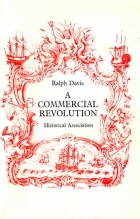
A Commercial Revolution
ArticleClick to view -
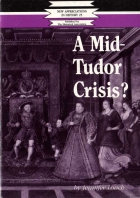
A Mid-Tudor Crisis?
ArticleClick to view -

A Pirate of Exquisite Mind: The Forgotten William Dampier
ArticleClick to view -

A Tale of Two Chancellors: The Ineffectual Reformation in Elizabethan Staffordshire
ArticleClick to view -

A woman of masculine bravery: the life of Brilliana, Lady Harley
ArticleClick to view -

Adam Smith
ArticleClick to view -

After the revolution: did Cromwell, Washington and Bonaparte betray revolutionary principles?
ArticleClick to view -

Amphibious Warfare in British History
ArticleClick to view -
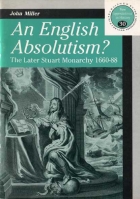
An English Absolutism?
ArticleClick to view -

An Intimate History of Your Home - Lucy Worsley
ArticleClick to view -

Aristotle and Dudley: what can books tell us about their owners?
ArticleClick to view -
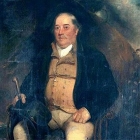
Benjamin Jesty: Grandfather of Vaccination
ArticleClick to view -

Bolingbroke
ArticleClick to view -

Bonnie Prince Charlie: The escape of the Prince in 1746
ArticleClick to view -

Bristol and America 1480-1631
ArticleClick to view -
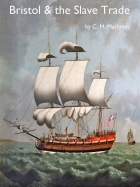
Bristol and the Slave Trade
ArticleClick to view -

Britain: the regional battlefields that helped to create a nation
ArticleClick to view

